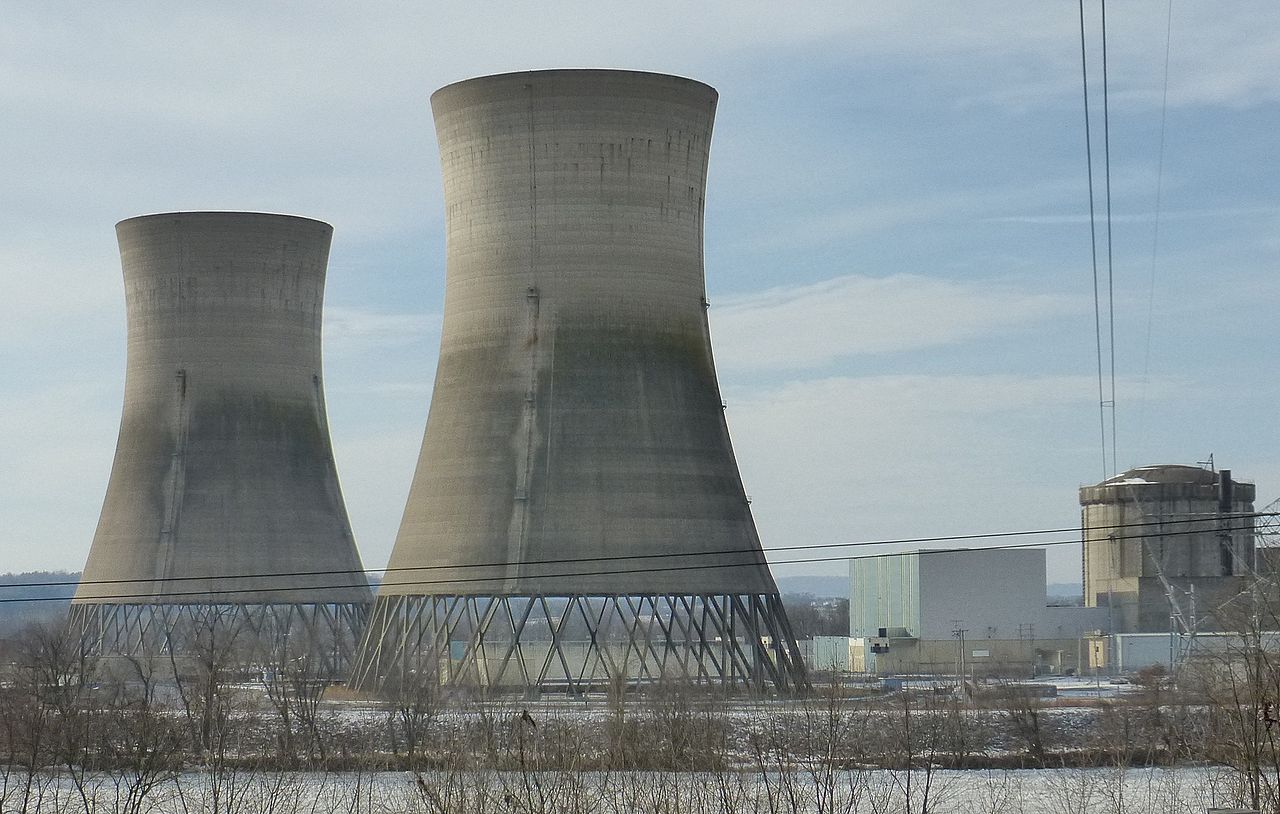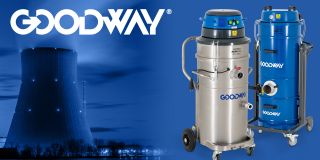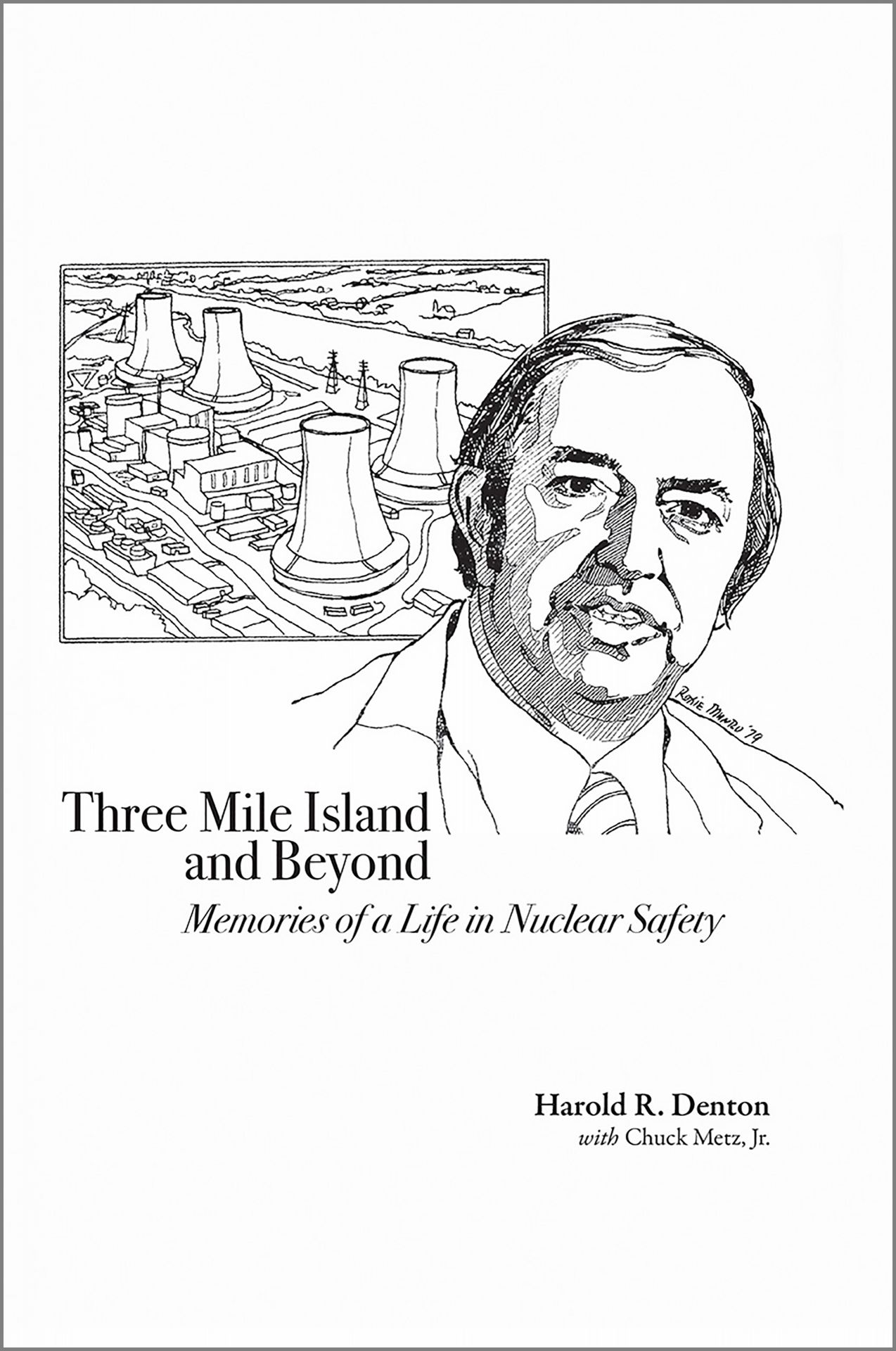Meltdown: Drama disguised as a documentary

The Three Mile Island accident in 1979 was the most-studied nuclear reactor event in the U.S. There is a plethora of research about the accident available to the general public, including the president-appointed Kemeny Commission report and the Nuclear Regulatory Commission’s Rogovin inquiry report (split into volume one, and volume two, parts one, two, and three), which are the two detailed government-sponsored investigations into the accident. There are also thousands of documents in the NRC’s ADAMS database available to the public, an excellent overview by NRC historian Samuel Walker Three Mile Island: A Nuclear Crisis in Historical Perspective, as well as the Nuclear News special report from April 1979, and articles written by ANS members like William Burchill about the accident and the many changes it forced on the industry. If the producers of Meltdown: Three Mile Island—available on Netflix—had read any of those documents instead of relying mostly on input from antinuclear activists, their “documentary” might have been presented with at least some sense of balance and credibility.
Instead, similar to a recent Science Channel documentary on the Three Mile Island accident, Meltdown focuses on drama instead of science. This four-part miniseries does not attempt to provide a balanced set of facts from the technical community and instead relies heavily on nonexpert opinions and anecdotal statements to tell a story that easily falls apart under even the faintest scrutiny.
Nuclear News reached out to multiple ANS members who were involved with either the accident response or the clean up to help provide a critical look at some of the more egregious statements made in the documentary.



